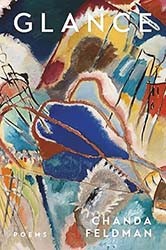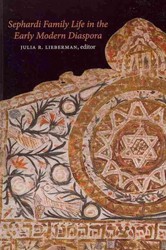The 19th recipient of the Philip Levine Prize for Poetry, Maya Pindyck’s Impossible Belonging weaves personal and family histories with contemporary events and politics in the U.S. and Israel/Palestine, asking what it means to belong―to our bodies, cultures, histories, and each other. In vivid and lyrical language, Pindyck explores how we lay claim to and surrender identities shaped by historical trauma, diaspora, motherhood, statehood, and the Anthropocene.
Delving into complicated relationships between Jewishness and whiteness, the poems reckon with feelings of cultural belonging and visualize shared hopes and longings. In this collection, everything is interrelated and spiritually equal: human, moth, pear, linoleum tile, language, memory.
At once profound, playful, and rebellious, Impossible Belonging collapses distances between people, species, times, and places, opening up difficult questions and fresh, revelatory connections.





